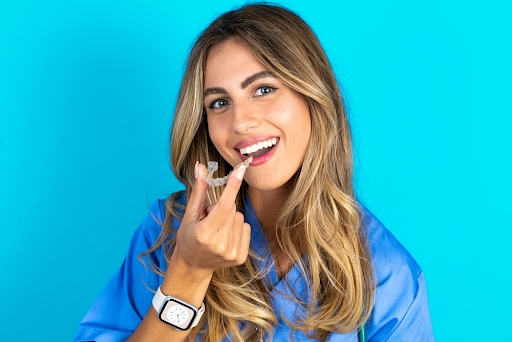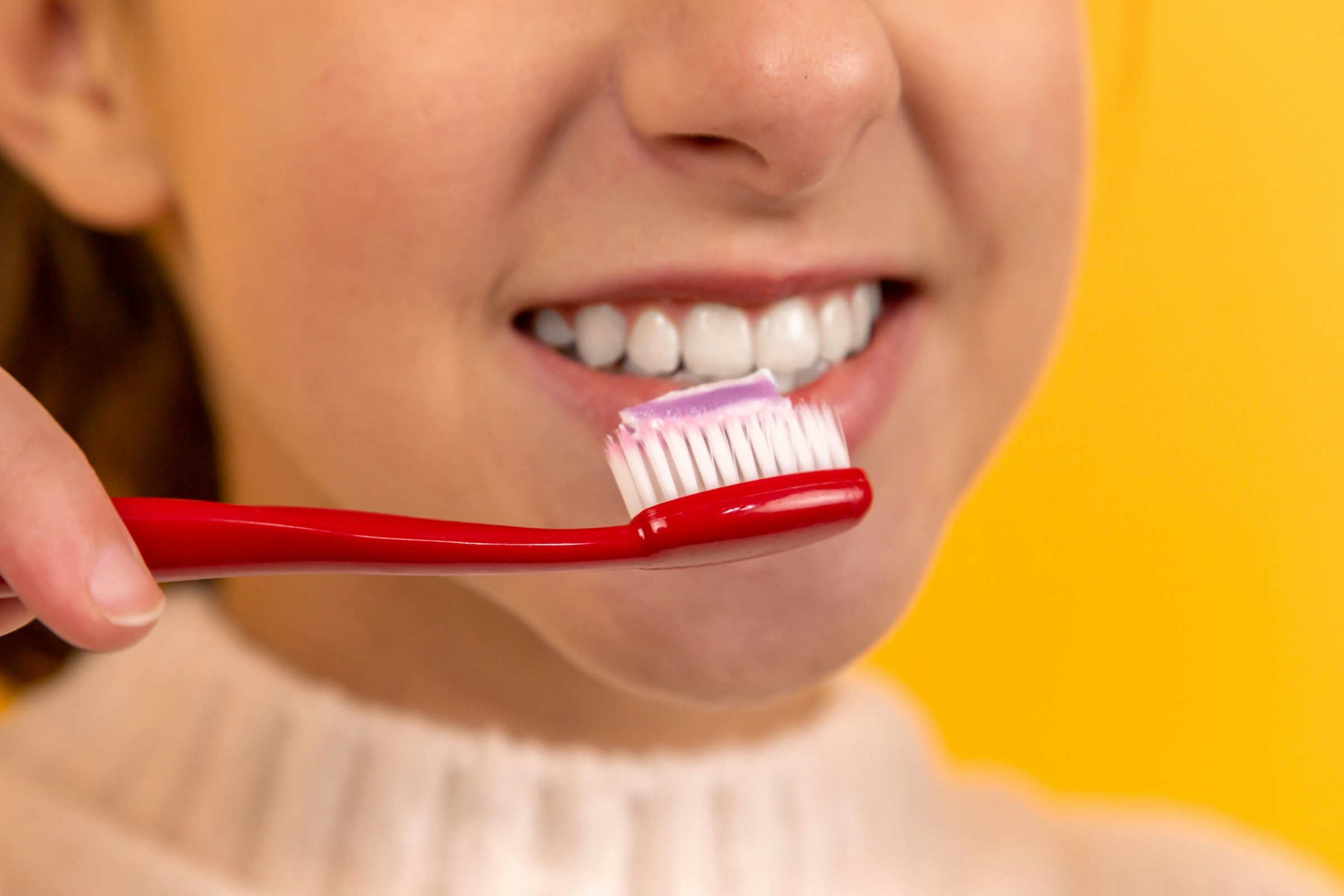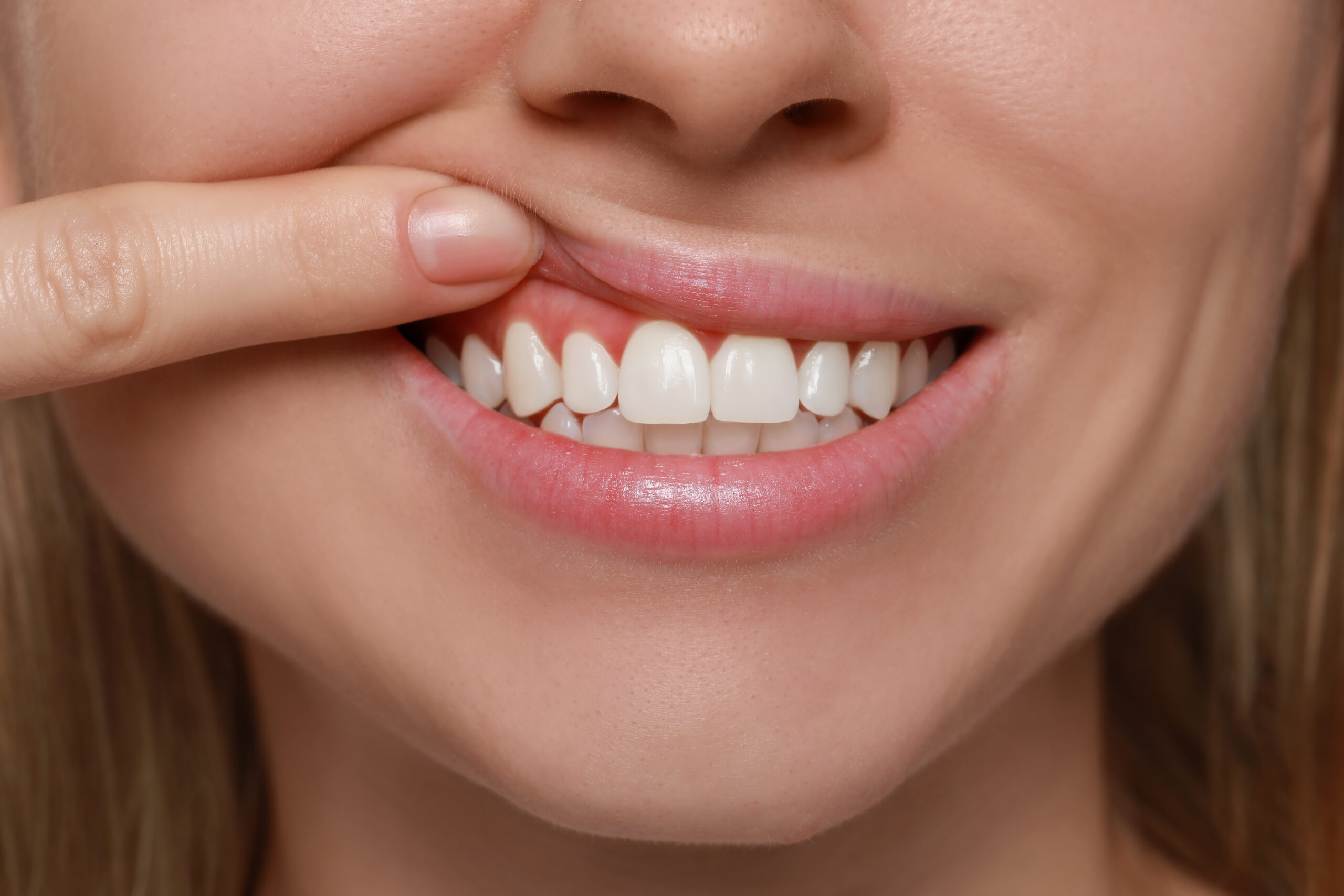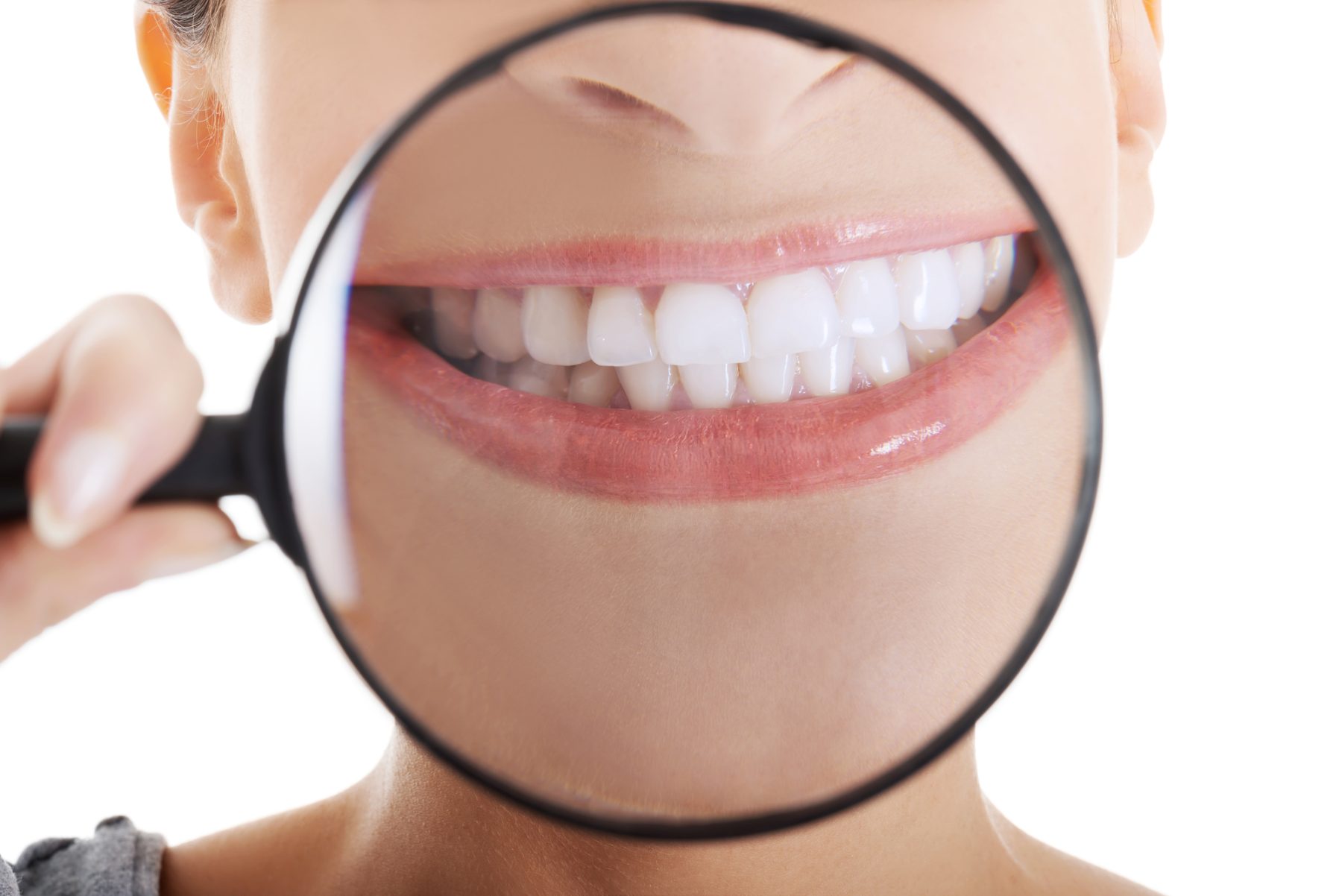
If you are considering orthodontics to improve your oral health and appearance, you have multiple treatment options. While traditional metal braces are a popular and deservedly reliable choice, clear dental aligners are becoming increasingly common. In fact, thanks to advances in orthodontic technology, clear dental aligners can address most of the same concerns as braces in a similar time frame.
Dr. Amal Pathak and his colleagues at Magic Smiles Dental and Implant Centre are proud to provide clear dental aligners among their many other treatments. When you visit our Coffs Harbor or Woolgoolga office, our orthodontist can evaluate your dental alignment to determine the best treatment for you.
To learn more about clear aligners and to find out if you are a candidate for treatment, contact Magic Smiles today.
1. Clear Dental Aligners Are Remarkably Subtle
Clear aligners are virtually unnoticeable, even from close range. Thus, their subtlety makes them an ideal option for patients who are embarrassed to wear metal braces. They can be an especially great choice for adults, older teens, and patients who frequently speak or perform in public.
2. They Are Appropriate for a Diverse Range of Issues
Today’s clear aligners can correct a host of orthodontic problems. These include:
- Overbites
- Underbites
- Crossbites
- Open bites
- Crooked or overlapping teeth
- Gapped teeth
In fact, clear dental aligners are appropriate in so many instances that, as of 2020, 40,000 Australians had chosen this orthodontic treatment.
3. Clear Aligners Are Great for Athletes
If you or your child play contact sports, metal braces can be a hazard. A fall or blow to the face can crack your teeth, cause lacerations on your lips, and damage your orthodontic appliance. Clear dental aligners, however, are smooth and less likely to cause cuts and bruises.
Of course, no matter what type of orthodontia you undergo, we still recommend wearing an athletic mouthguard during games and practices. You will need to remove your aligner to wear a mouthguard.
4. You’ll Have Less Risk of Tooth Discoloration
When patients finally have their metal braces removed, they are often dismayed to find that their teeth appear darker than when they first began treatment. This is because it is more difficult to clean your teeth with braces. As a result, dark-colored tartar can begin to build up under the brackets and wires. Over time, tartar can even deplete your dental enamel of important minerals, leaving white spots on your teeth.
Because you can remove clear dental aligners, it is much easier to clean your teeth thoroughly.
5. You Can Eat Whatever You Want
With traditional braces, some of your favorite foods may be off limits. These can include whole fruits like apples, chewy caramels, very crunchy crisps and pretzels, dense bread, popcorn, and hard candies. Eating these foods can damage braces or leave small food particles stuck behind the appliance.
If you choose clear aligners, you will remove them to eat, so you won’t have to change your diet. Just be sure to store your aligners properly during your meal and to brush your teeth before putting them back on.
Learn More about the Benefits of Clear Dental Aligners
To find out if you are a candidate for this popular treatment, contact Magic Smiles today.
Send us a message online. You can also call our Coffs Harbor office at (02) 6652-3242 or our Woolgoolga location at (02) 6654-0650.








Recent Comments